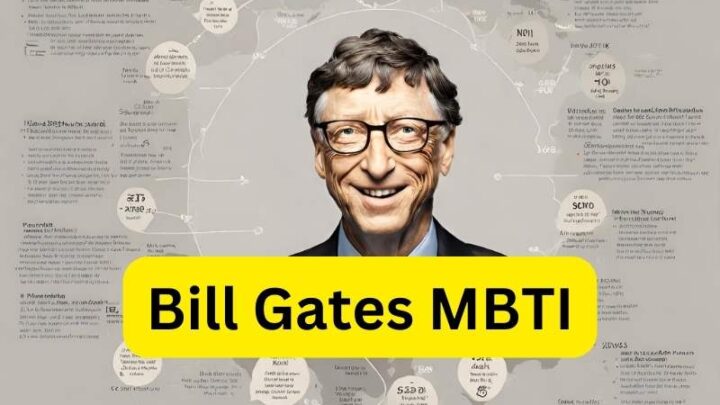Bill Gates, the co-founder of Microsoft and one of the world’s wealthiest individuals, is often regarded as a visionary and a highly successful entrepreneur. But have you ever wondered what his personality type is? In this section, we will explore the MBTI (Myers-Briggs Type Indicator) of Bill Gates and gain insights into his personality traits and how they may have contributed to his success.
Bill Gates is often classified as an INTJ, which stands for Introverted, Intuitive, Thinking, and Judging. Let’s break down each of these traits and understand how they manifest in his behavior and decision-making.
Bill Gates MBTI
Firstly, being an introvert means that Gates tends to focus his energy inward and gains energy from spending time alone or in small groups. This trait is often associated with individuals who are reflective, analytical and prefer to work independently. In Gates’ case, his introversion is evident in his preference for quiet and solitude, allowing him to concentrate deeply on complex problems and come up with innovative solutions.
Secondly, Gates possesses the intuitive trait, which means he relies on his intuition and imagination to gather information and make decisions. Intuitive individuals are often future-oriented, seeing possibilities and connections that others may overlook. This trait has likely played a significant role in Gates’ ability to anticipate technological trends and envision the future of computing, enabling him to stay ahead of the curve in the fast-paced tech industry. Check news.
The third trait, thinking, indicates that Gates tends to make decisions based on logic and objective analysis rather than personal emotions. This rational approach allows him to evaluate situations objectively and make calculated choices, even in high-pressure situations. Gates’ thinking preference is evident in his strategic business decisions and his focus on efficiency and effectiveness in Microsoft’s operations.
Lastly, Gates is classified as a judging type, which means he prefers structure, organization, and closure. Judging individuals tend to be decisive, goal-oriented, and enjoy planning and making decisions. Gates’ judging trait is evident in his disciplined work ethic, his ability to set clear goals, and his commitment to achieving them. This trait has likely contributed to his success in managing large-scale projects and driving Microsoft’s growth.
In conclusion, Bill Gates’ MBTI classification as an INTJ sheds light on his personality traits and provides insights into how these traits have influenced his success as an entrepreneur and business leader. His introversion, intuition, thinking, and judging traits have allowed him to excel in the tech industry, enabling him to envision the future, make logical decisions, and drive his vision forward. Understanding the MBTI of influential individuals like Gates can offer valuable lessons and inspiration for individuals seeking to develop their own entrepreneurial skills and leadership abilities.





